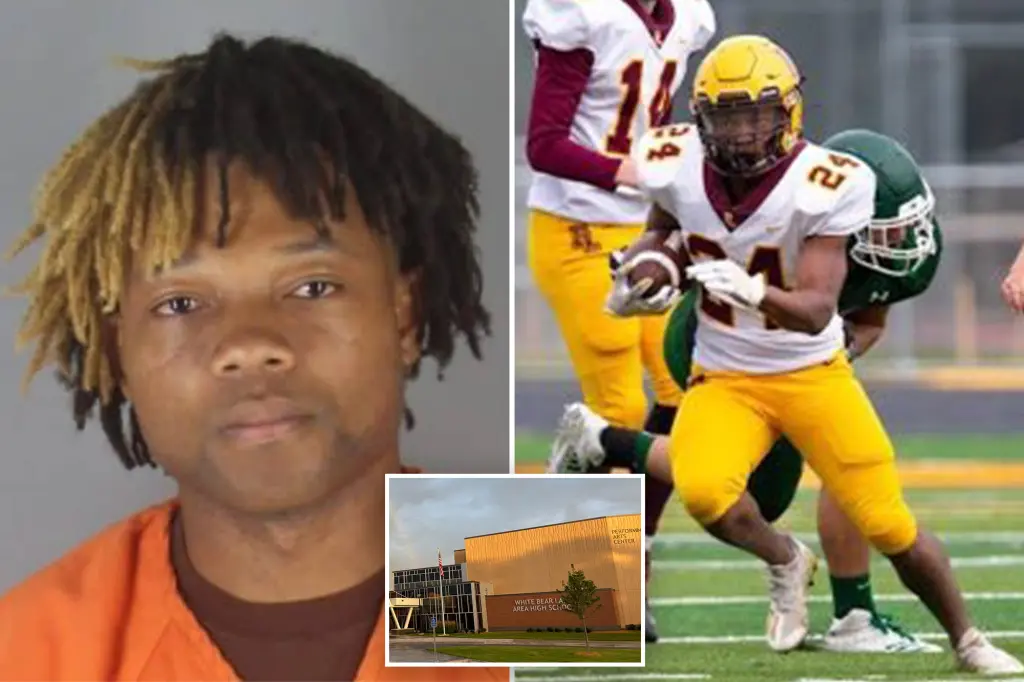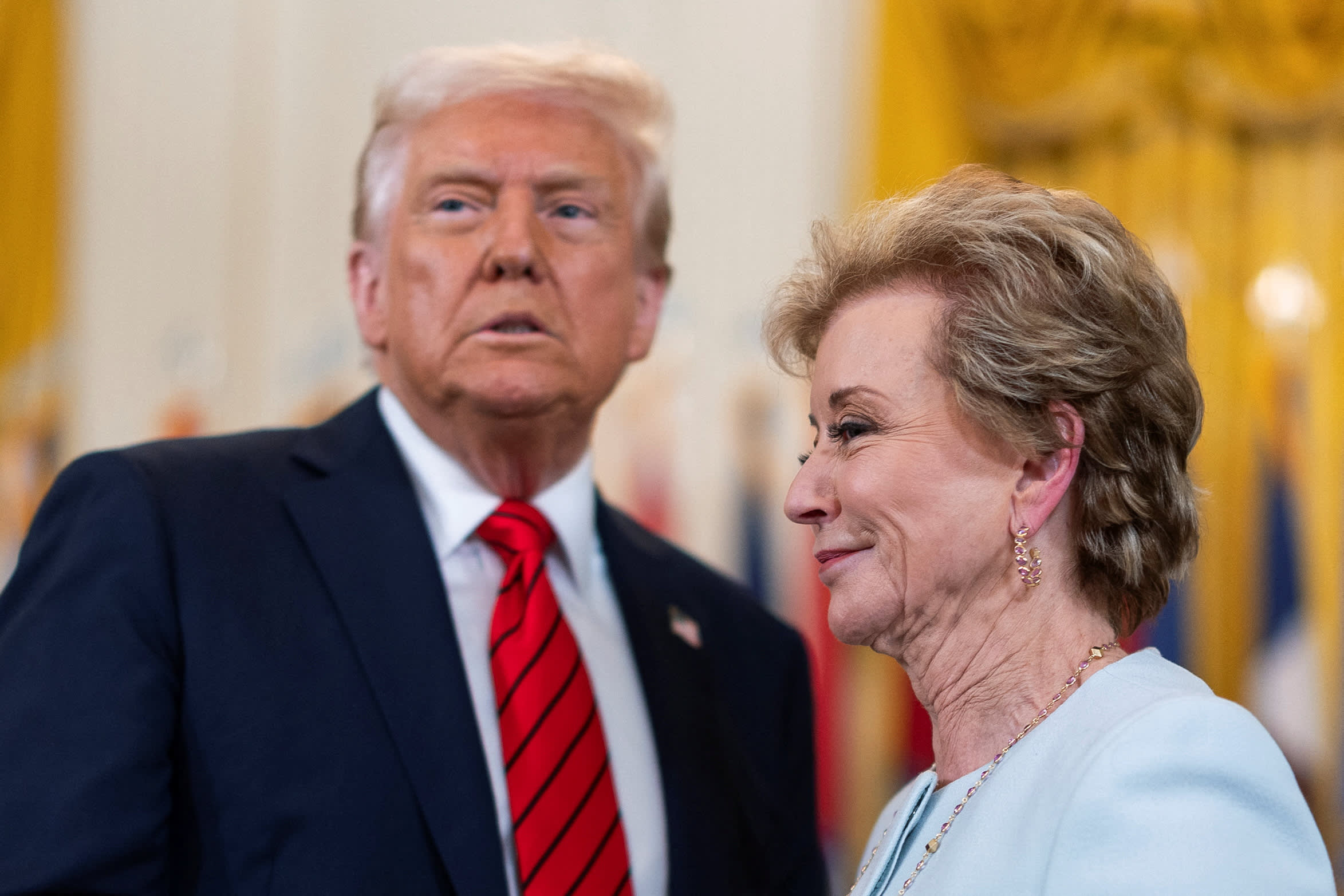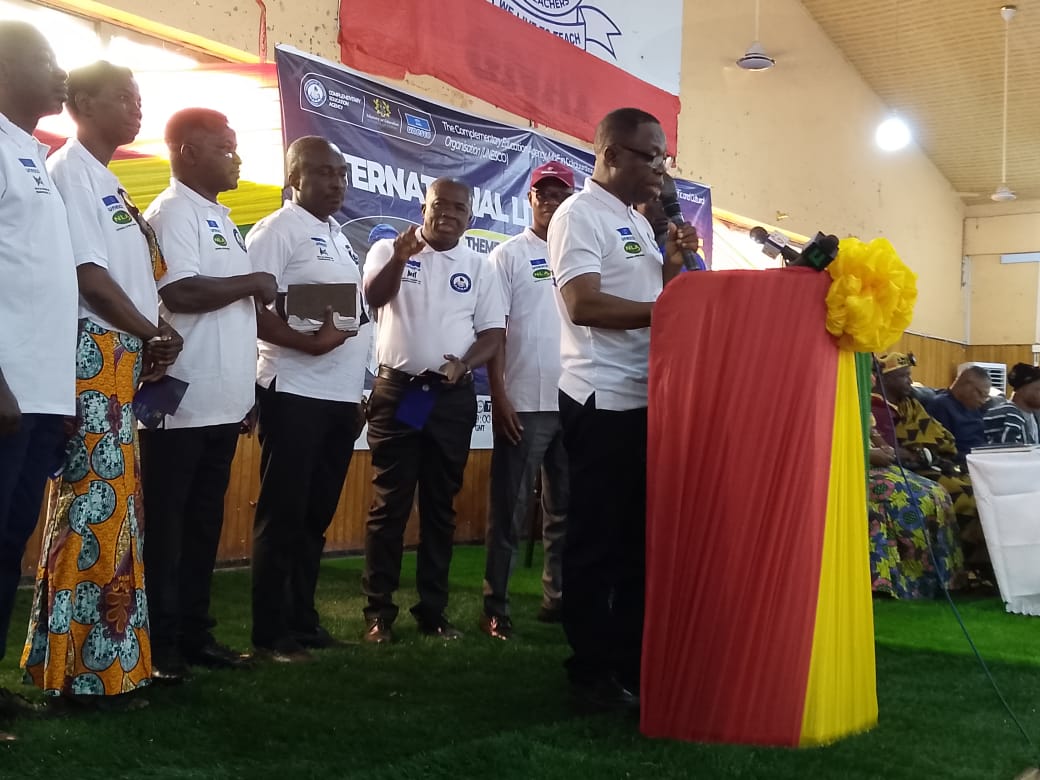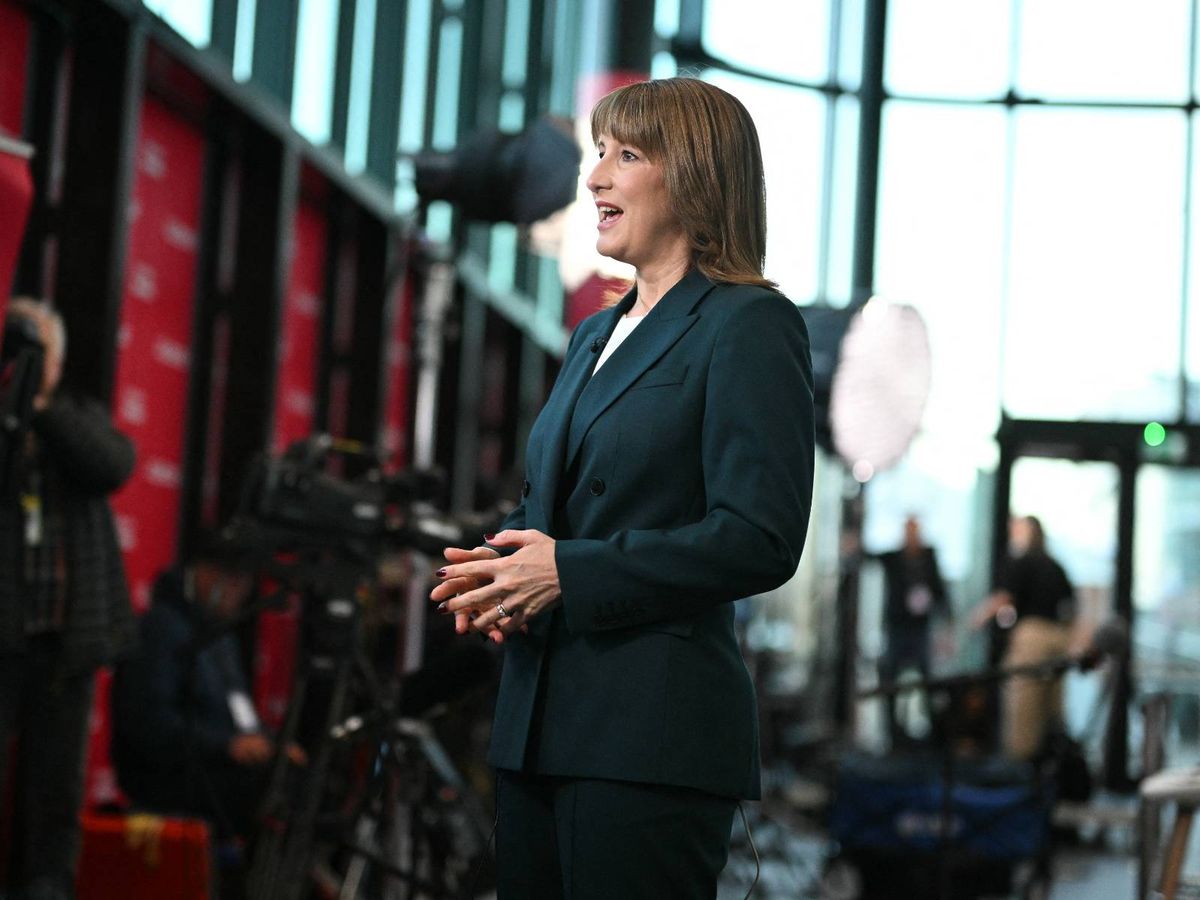By Our Reporter,The Nation
Copyright thenationonlineng
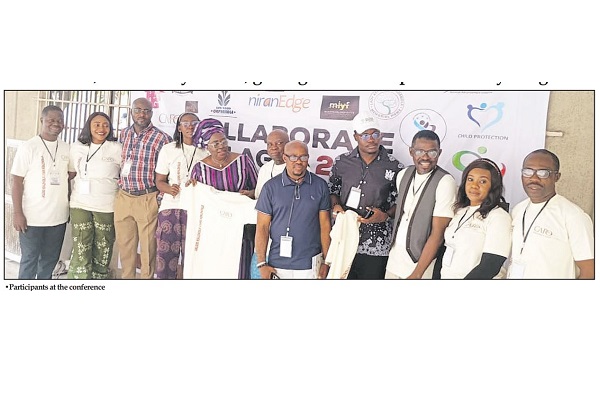
By Faruq Durosinmi and Olamide Oshinyemi
Stakeholders drawn from government agencies, faith-based organisations, civil society and child welfare institutions have reaffirmed their commitment to promote family integration and holistic support for vulnerable children during a two-day Collaborate+ Lagos 2025 Forum at the Bimbo Odukoya Foundation Centre, Ilupeju.
The conference, themed: “Promoting Family Integration and Holistic Support for Every Child,” was convened by the Christian Alliance for Orphans (CAFO) in collaboration with the Association of Orphanages and Homes Operators in Nigeria (ASHON), Lagos State Chapter.
It served as a rallying platform for dialogue and partnership on how to address family separation, child neglect, and systemic challenges facing caregivers in Lagos State.
Delivering the keynote address on behalf of the Lagos State Government, Mrs. Adenike Obilana, a director at the Ministry of Youth and Social Development (MYSD), reaffirmed the state’s commitment to inclusive welfare under its T.H.E.M.E.S Plus Agenda.
Mrs. Obilana, who represented the Commissioner, Mr. Bolaji Dunde, noted that the government recognised the family as the cornerstone of society and stressed that sustainable child protection required collective responsibility.
“Vulnerable children need more than compassion — they need collective action, intentional policy, and unwavering support,” she stated.
A major highlight of the event was the panel session on tackling the roots of family separation, featuring speakers from diverse professional backgrounds.
Executive Director of the Office of Life Care, Women and Children Empowerment Initiative, Pastor Kingsley Kalu, lamented that poverty, unemployment and domestic strife remain leading causes of family breakdown in Nigeria. He urged faith-based institutions to go beyond charity and offer structured family counselling, skill acquisition and social support to restore dignity and stability to homes.
Read Also: Nigeria’s tax laws: From archaic foundations to modern framework
Similarly, Director of Christian Education at the Nigerian Baptist Convention, Reverend Dr. (Mrs.) Foluke Bosede Ola, focused on the wellbeing of caregivers, stressing that mental exhaustion and emotional burnout can lead to reduced quality of care. According to her, caregivers need more institutional support and recognition.
“A burnt-out caregiver cannot nurture children effectively. Mental balance, rest, and counselling are essential for quality child care,” she said.
Executive Director of Denny School Welfare Hub, Mrs. Abosede Mary Otukpe, emphasised the role of parenting education in family resilience. She explained that intentional parenting, effective communication, and empathy are vital in preventing neglect and abuse.
Her remarks drew attention to the growing need for capacity-building workshops for both parents and caregivers.
On the government’s part, Mr. Alufa Wellington Olalekan, representing the MYSD, revealed that Lagos currently operates 23 Family Social Services Centres across the state. These centres, he said, offer counselling, conflict mediation and intervention in domestic crises. Early intervention, he added, often prevents permanent family separation and institutionalisation of children.
The legal dimension was explored by Barrister Adora Ochulali of the Legal Aid Council of Nigeria, who advocated stronger access to justice for vulnerable families. She noted that legal protection is crucial for fair treatment in cases of custody, domestic violence and child rights violations. Her call for better synergy between social workers, law enforcement, and courts received strong applause from participants.
Adding a community perspective, Mrs. Bridget Taremotimi of Women at risk International Foundation (WRIES) and Mrs. Bamiduro Adeola Atinuke of CPM Ojoju LCDA both emphasised collaboration among community leaders, NGOs, and faith groups. They highlighted how community-based awareness programmes can help identify.
